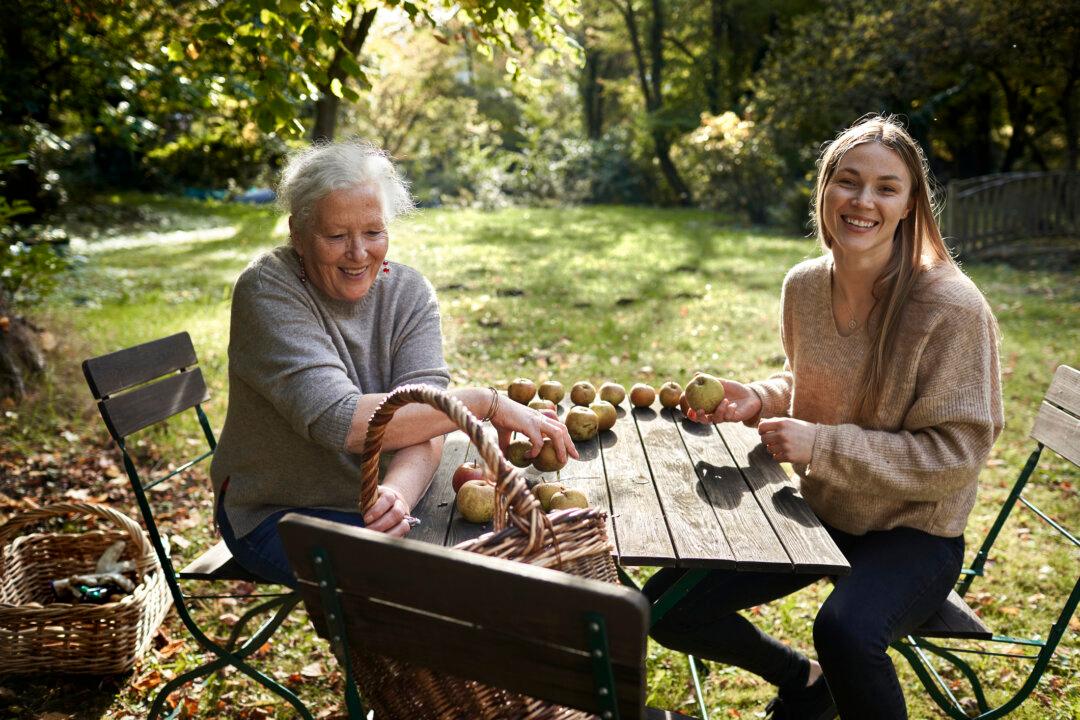A lot of people, including yours truly, grouse about the state of our culture these days.
Over our morning cup of coffee in the kitchen, in our living rooms, and on our porches and decks, we pass some of the time complaining about the decline of civilization, manners, and morals in the United States. The daily news from our newspapers and the internet provides most of the fodder for these flames, and we shake our heads in dismay, rue the direction that the country and the culture seem to be headed in, and wonder how hard the crash will be when we hit rock-bottom.






